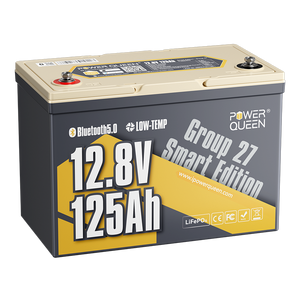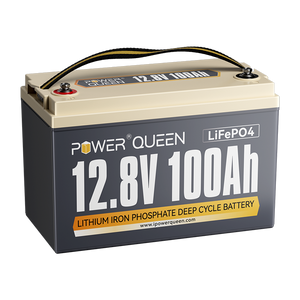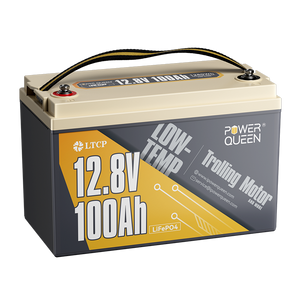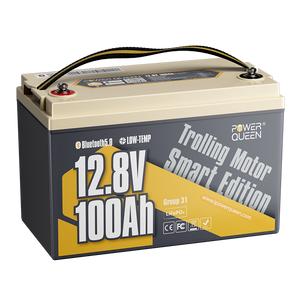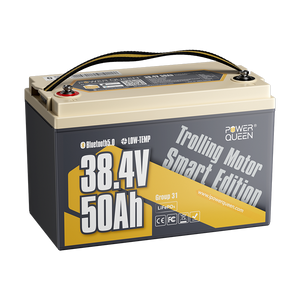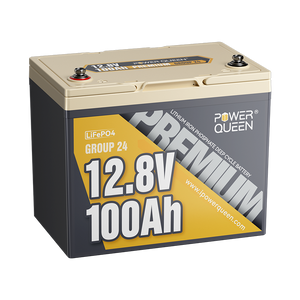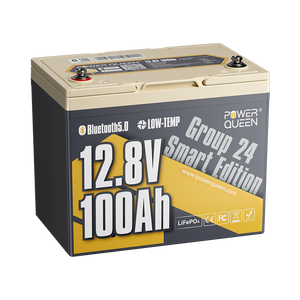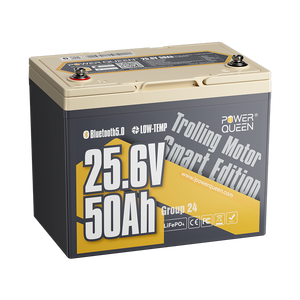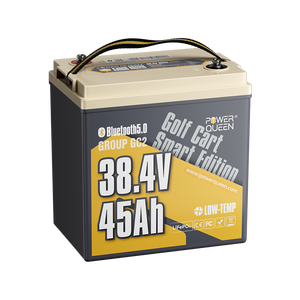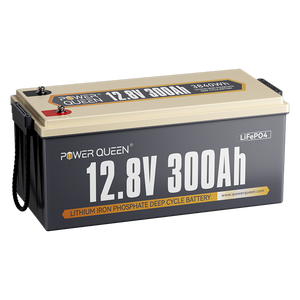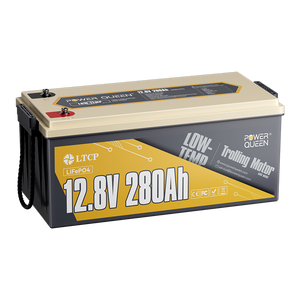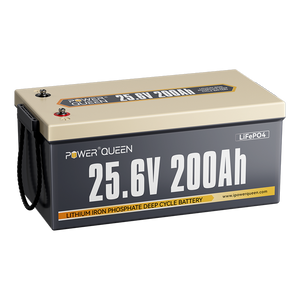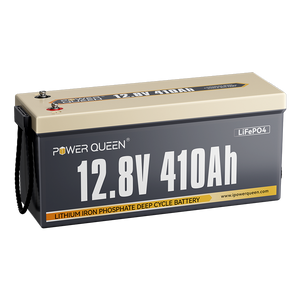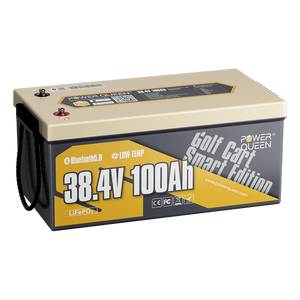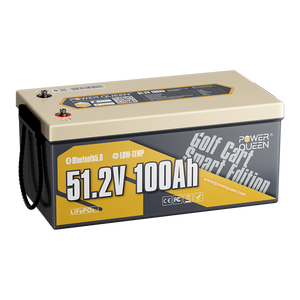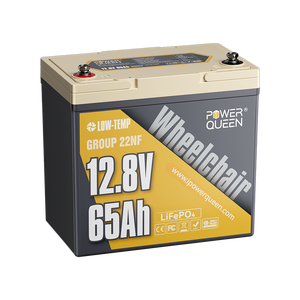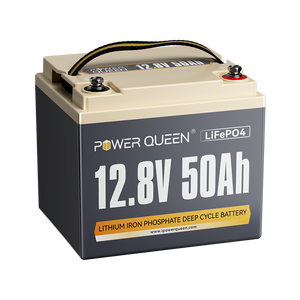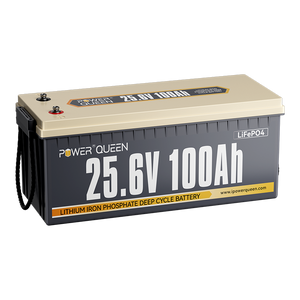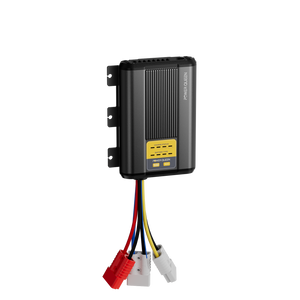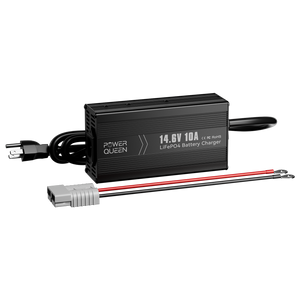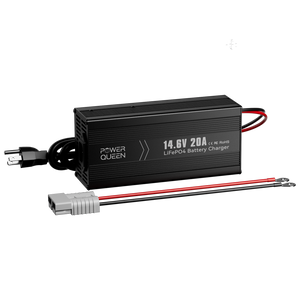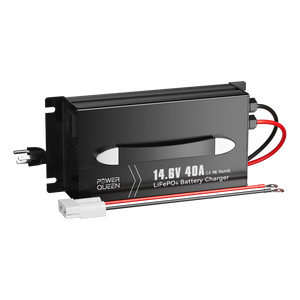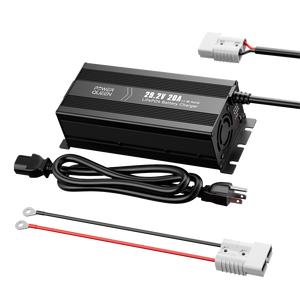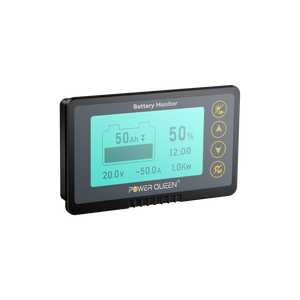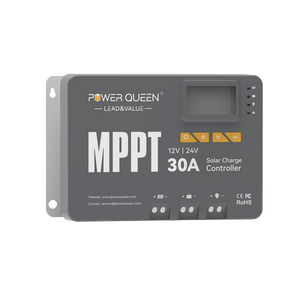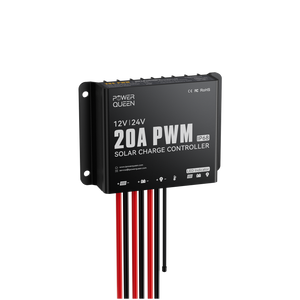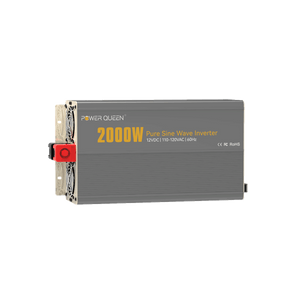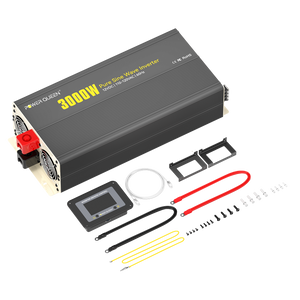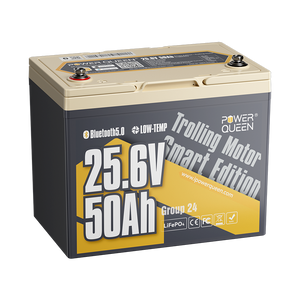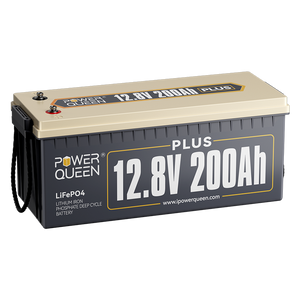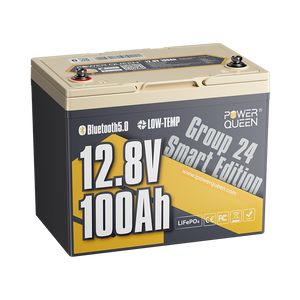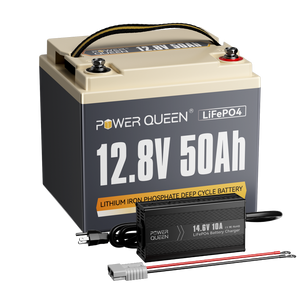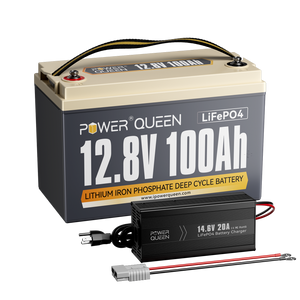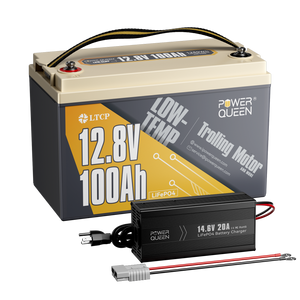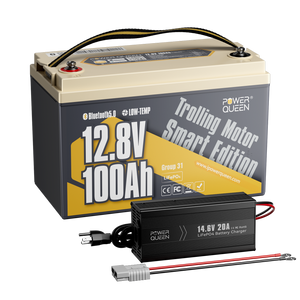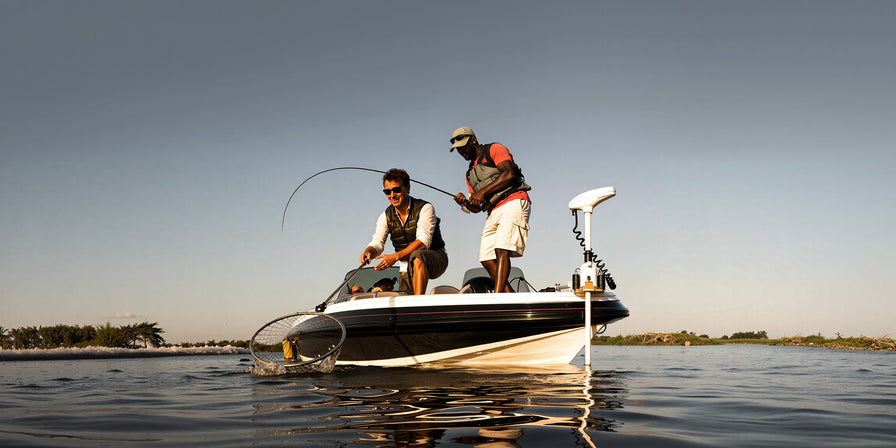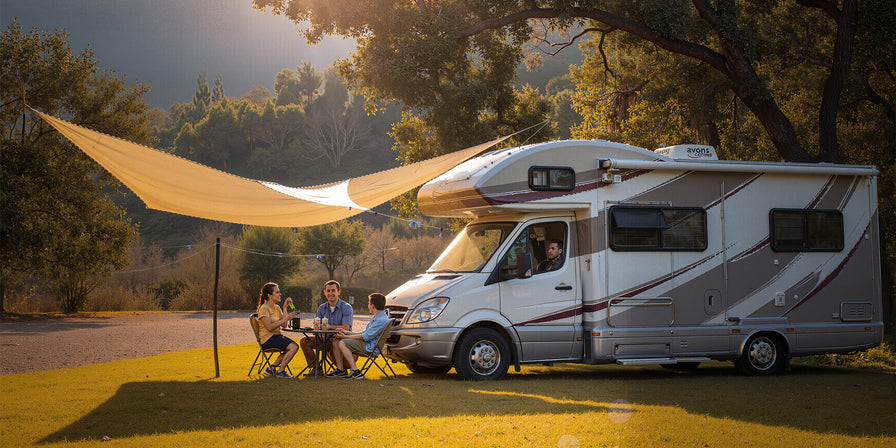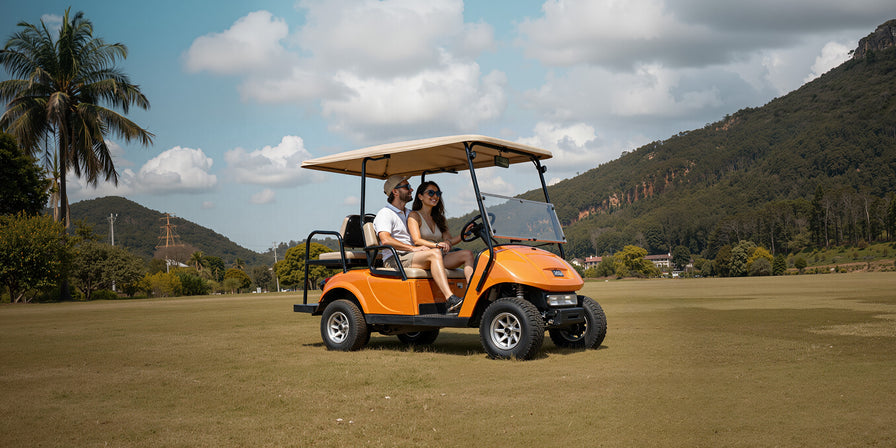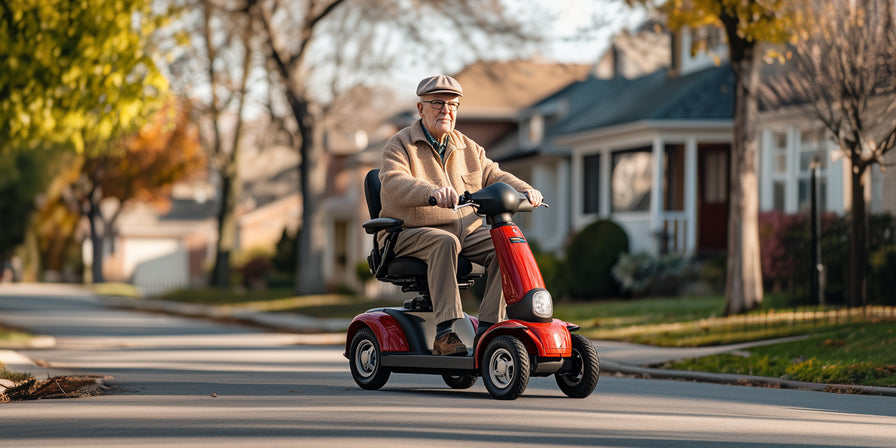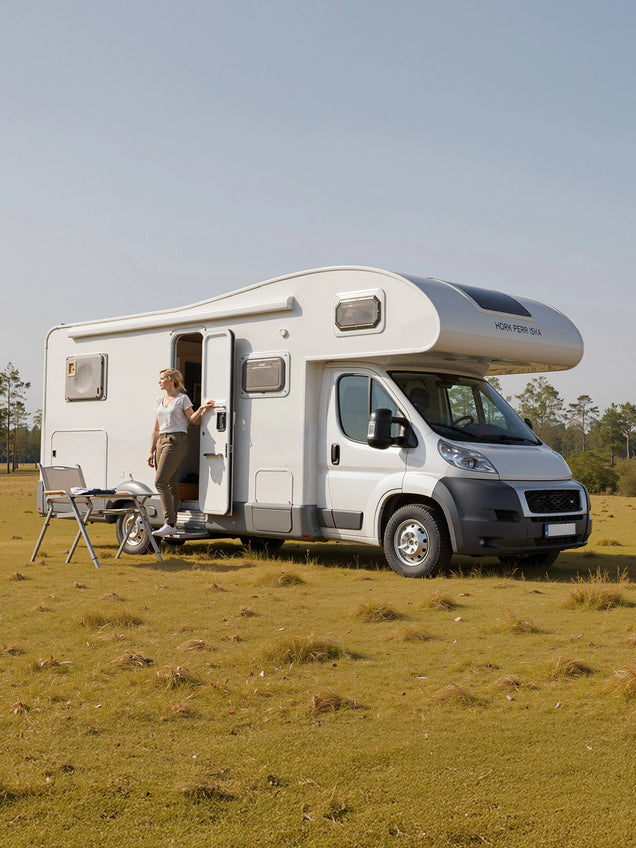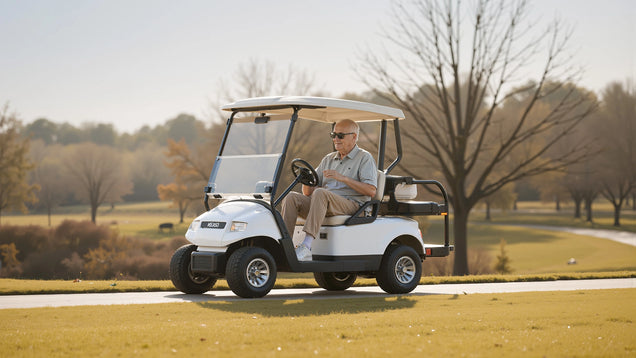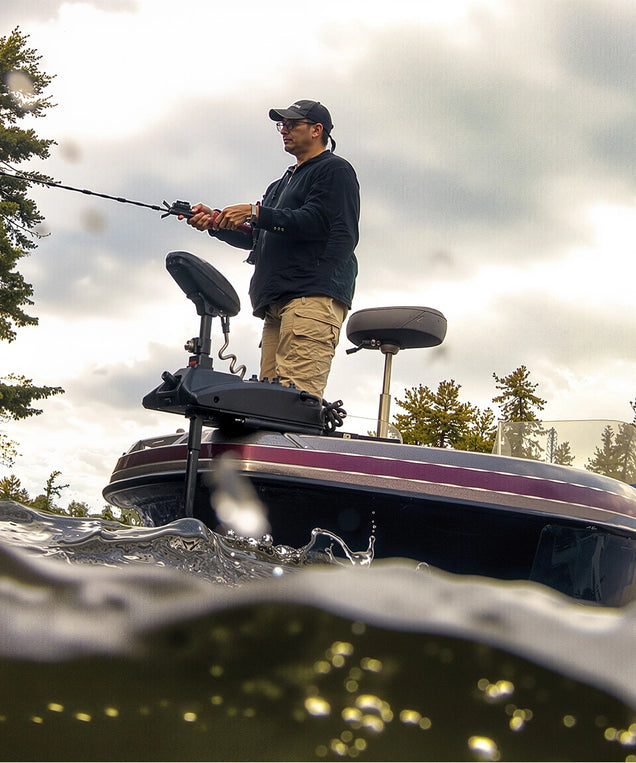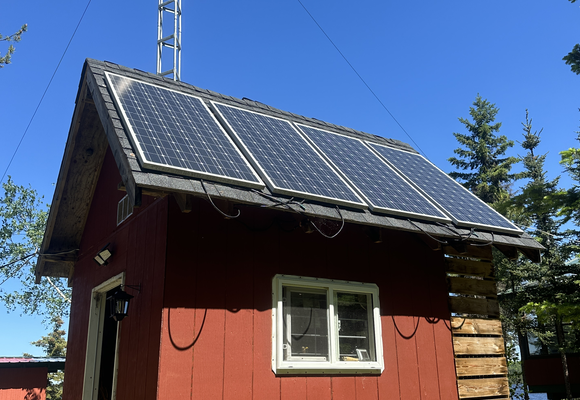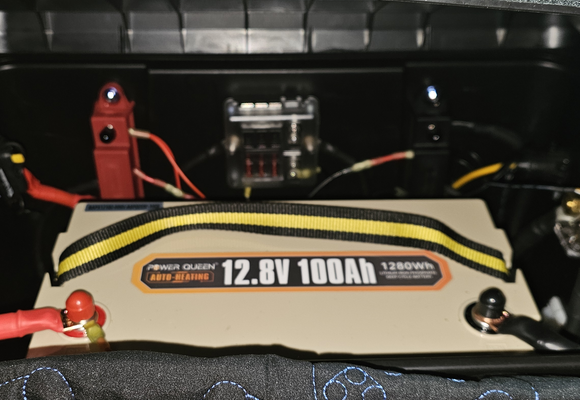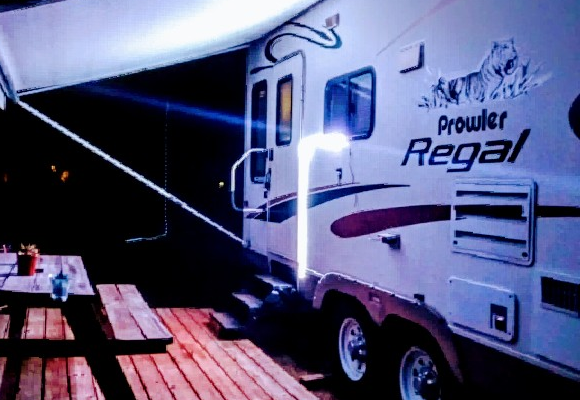Cold Weather Trolling Motor Battery Problems Every Angler Should Know
Winter fishing can be brutal—especially when Trolling Motor Battery Problems start showing up the moment temperatures drop. Cold mornings, icy lakes, and longer runs can quickly drain a weak battery, leaving you stuck offshore or ending your trip way too early.
In this guide, Power Queen walks through 10 practical tips to prevent cold-weather battery issues and keep your trolling motor performing reliably even in freezing conditions.

Signs Your Trolling Motor Battery Is Struggling in Cold Weather
Recognizing the early warning signs is the first step toward avoiding a stranded boat or interrupted fishing trip.
Reduced Power Output
Cold weather can sap a battery’s ability to deliver full power. If your trolling motor is slower than usual, struggles to maintain speed, or stops unexpectedly, your battery might be affected by the low temperatures.
Shorter Run Times
Batteries tend to hold less charge in freezing conditions. If your motor dies quicker than normal or doesn’t reach full charge after plugging in overnight, it’s a sign the cold is taking a toll.
Inconsistent Performance
Erratic motor behavior—like sudden jerks, inconsistent speed, or strange noises—often indicates that your battery is struggling to deliver a steady flow of energy in cold conditions.
Physical Warning Signs
Look for bulges, cracks, or leaks on your battery. Cold weather can exacerbate these issues, and ignoring them could lead to further damage or safety hazards.

Understanding Your Trolling Motor Battery Types
Knowing your battery type is essential, especially when fishing in cold weather. Each type reacts differently to freezing temperatures.
Lead-Acid Wet-Cell Batteries
These are common and budget-friendly but sensitive to cold. The liquid electrolytes can thicken, reducing performance. Regular maintenance, like checking water levels, is crucial in winter.
Absorbed Glass Mat (AGM) Batteries
AGM batteries are sealed, vibration-resistant, and more tolerant of cold than wet-cell batteries. They recharge faster and provide consistent performance, making them a solid winter choice.
Gel Cell Batteries
Gel batteries use a gel-like electrolyte that’s resistant to freezing and leakage. They require little maintenance and perform reasonably well in cold water, though extreme temperatures may still reduce output.
Lithium-Ion Batteries
Lithium-ion is the premium choice for winter anglers. These batteries stay lighter, maintain higher voltage in cold conditions, charge quickly, and last longer—ideal for serious anglers who fish year-round.
👉 More information about your trolling motor battery type in winter: Which Batteries Are Ideal for Fishing in Cold Weather?
10 Cold Weather Trolling Motor Battery Problems and How to Fix Them
- Check Your Connections – Cold can increase resistance. Make sure terminals are clean and tight; corrosion or looseness reduces power.
- Test Voltage Regularly – A fully charged 12V battery should read about 12.6V. Cold weather can temporarily lower readings, so check often.
- Inspect for Damage – Cracks, bulges, or leaks get worse in winter. Replace compromised batteries promptly.
- Monitor Charging – Cold slows charging. Make sure your charger is compatible with your battery type and give it extra time if needed.
- Perform Load Tests – Testing under real motor load reveals hidden weaknesses that voltage checks might miss.
- Consider Battery Age – Older batteries lose efficiency faster in cold; winter can reveal their limits.
- Protect Against Freezing – Store batteries in insulated areas when not in use. Avoid leaving them exposed overnight.
- Check for Parasitic Drains – Remove any devices drawing power when the battery isn’t in use. Small drains matter more in winter.
- Avoid Deep Discharges – Running batteries below 50% in cold weather can shorten lifespan. Keep them topped up.
- Seek Expert Advice – Persistent problems may require professional diagnostics or a battery upgrade.
For anglers who fish in harsh cold, upgrading to a LiFePO4 Lithium battery can make a noticeable difference. Lithium maintains higher voltage in low temperatures, delivers more usable capacity, and avoids winter performance drops.
If you frequently launch before sunrise or fish in sub-freezing conditions, a self-heating LiFePO4 battery is worth considering. It automatically warms itself during charging, preventing cold-weather charging damage and keeping your motor ready whenever you are.

Trolling Motor Battery Maintenance Tips for Winter Anglers
- Keep terminals clean and use protective sprays to prevent corrosion.
- Charge fully before trips; cold batteries start off weaker.
- Use the right charger for your battery type.
- Insulate batteries when storing or transporting in freezing conditions.

Upgrading Your Battery for Cold Weather
When temperatures drop, some trolling motor battery problems can’t be solved by troubleshooting alone. If cold-weather fishing is your norm, upgrading may be the most reliable long-term fix:
- Occasional winter anglers: AGM or gel batteries can perform adequately with insulation.
- Frequent or heavy-load anglers: Lithium batteries provide the best voltage stability and capacity retention in low temperatures.
Always check the amp-hour rating to make sure your motor can run long enough on a single charge, and confirm compatibility with your trolling motor specs to avoid unexpected issues.
For a deeper breakdown of why trolling motor lithium battery performs better and how to choose the right one, see our 💡 Full Guide on Choosing a Lithium Battery for Trolling Motors—Why and How.
Enjoy Your Winter Fishing
A dependable trolling motor battery is essential for any winter fishing trip. By recognizing cold weather battery problems, performing routine maintenance, and choosing the right battery type, you can stay on the water longer and fish with confidence.
If upgrading is on your mind, now’s a good moment: Power Queen’s Christmas Battery Sale is live with up to 60% off select batteries — ideal for making sure your winter adventures go uninterrupted.
🎄 Christmas Savings at Power Queen🎄
From Dec 15–25, enjoy holiday pricing across all Power Queen batteries.
1 battery · 5% off | 2 batteries · 6% off | 4 batteries · 8% off
